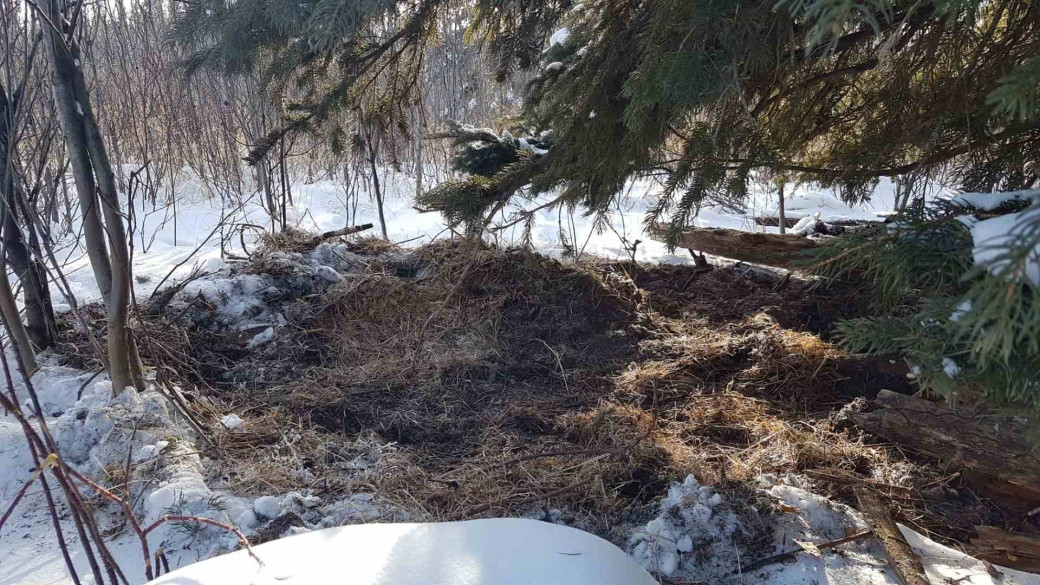Overview
Surveillance is key to eliminating the threat of invasive wild boar in Alberta. You can help by learning to recognize signs of their activity and reporting sightings.
Droppings
Figure 1. Albertans are more likely to see signs of a wild boar, such as this scat, than to see a boar.
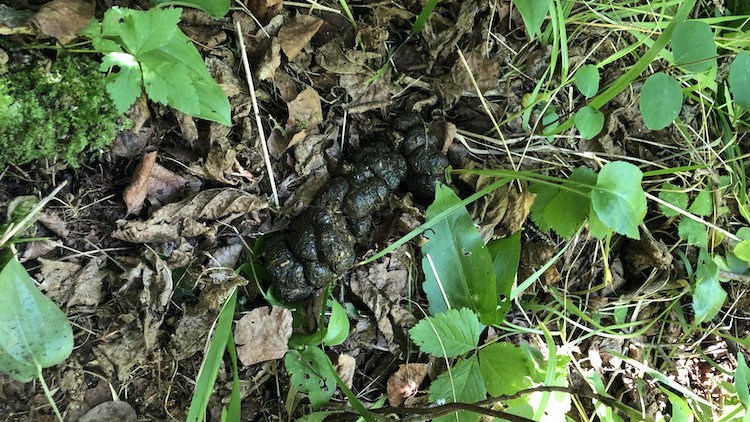
Crop damage
Figure 2. Crops damaged by wild boar
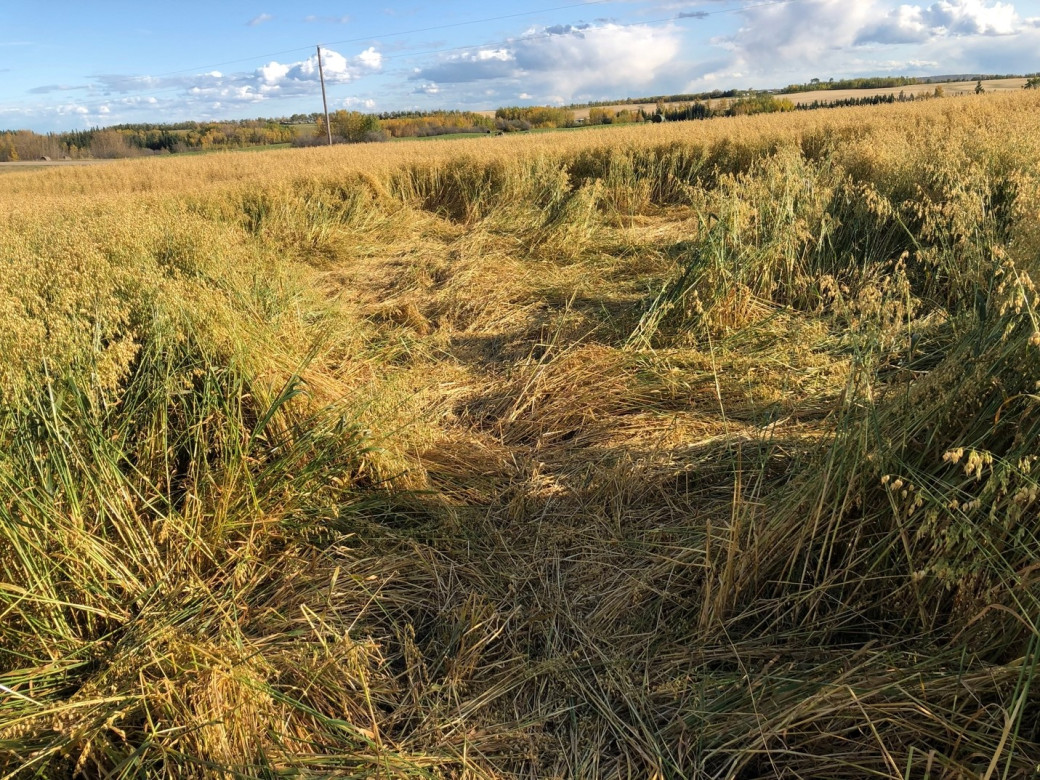
Figure 3. Aerial view of wild boar crop damage
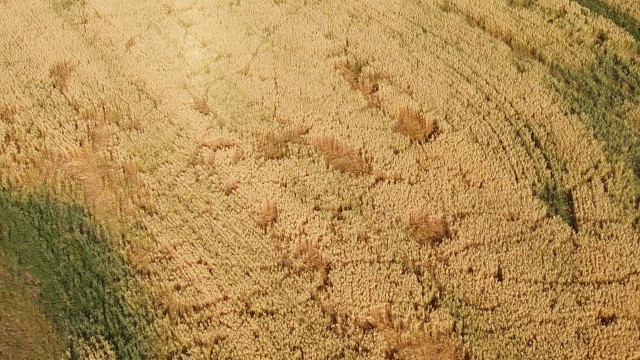
Wallowing
Figure 4. Damage caused by wild boar rolling around (rooting and wallowing)
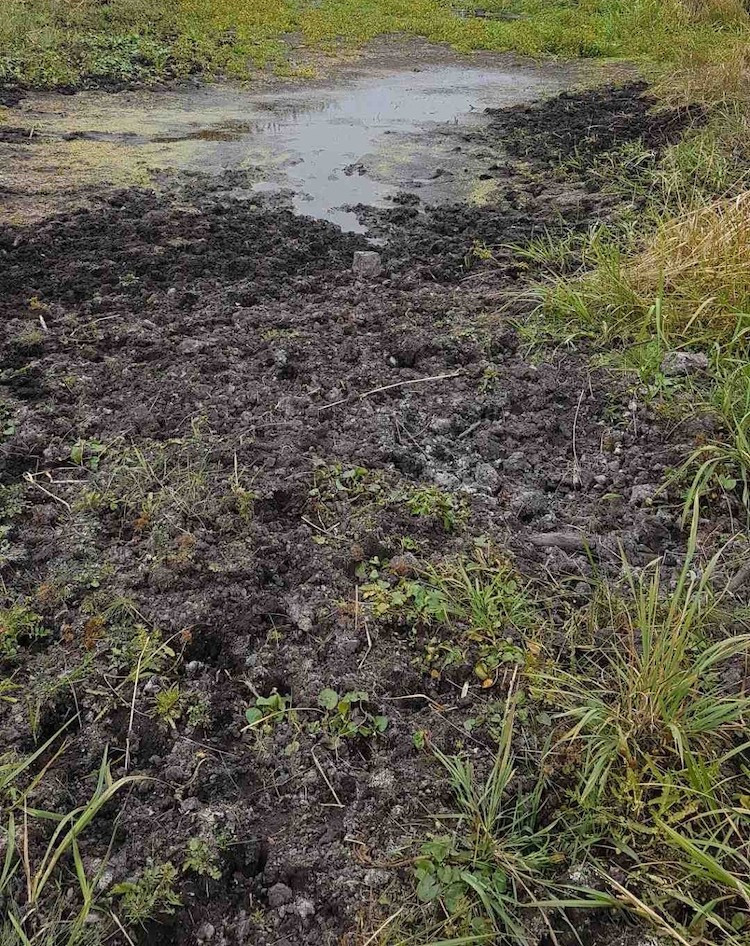
Tracks and trails
Figure 5. Wild boar tracks are larger and rounder than deer tracks. Image credit: Alberta Invasive Species Council
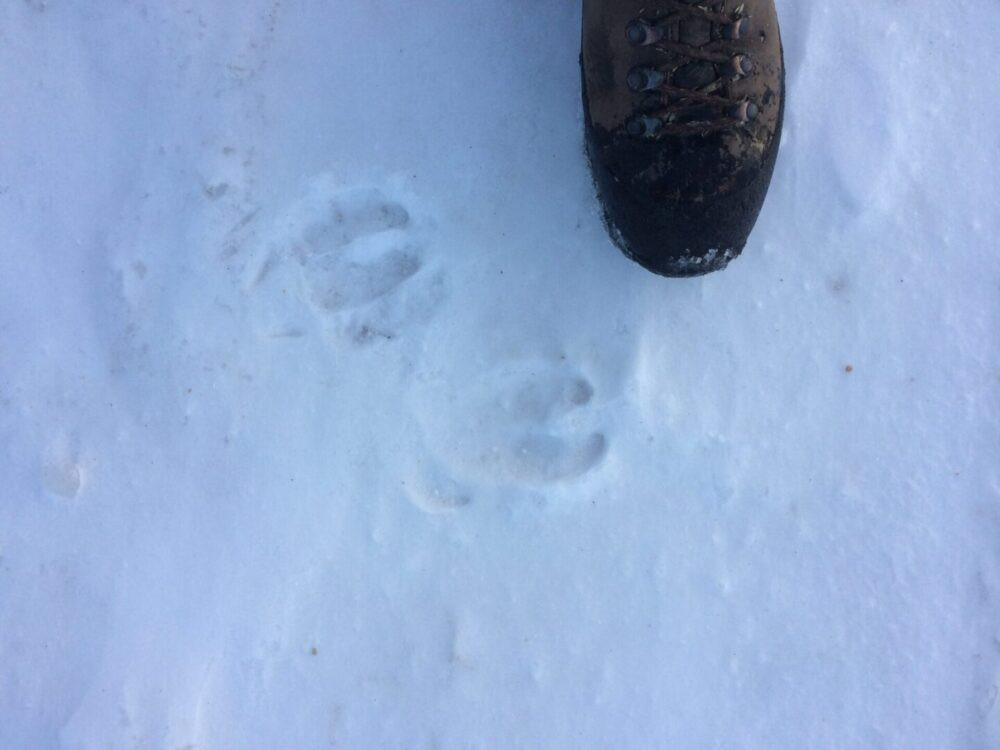
Figure 6. Tracks from a sounder (group) of wild boar
Wild boar nest
Figure 7. Nest of wild boar at large
